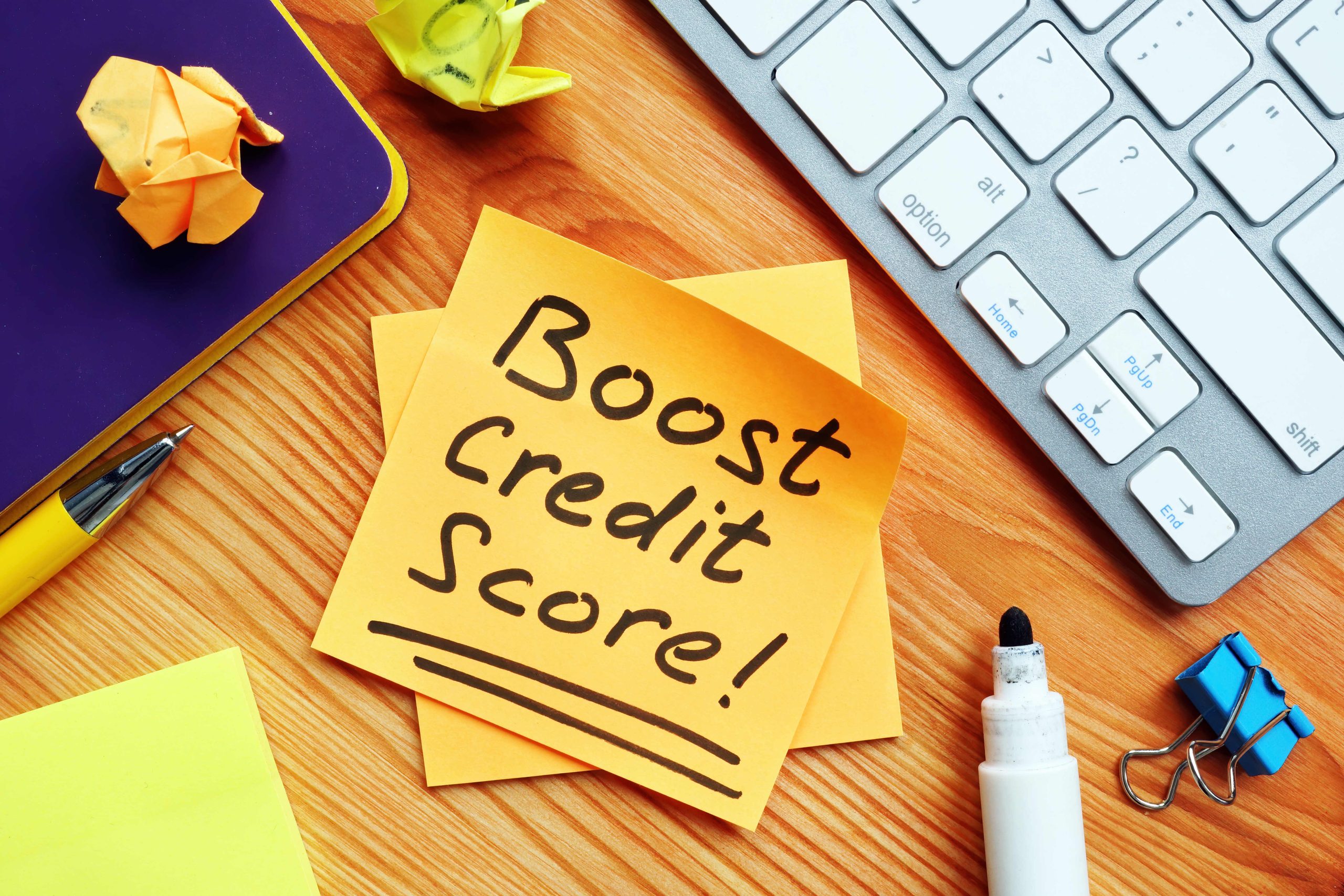Your credit score isn’t just a number—it’s a key that unlocks better financial opportunities. Whether you’re applying for a credit card, a loan, or even renting an apartment, your credit score plays a big role in determining how trustworthy you appear to lenders. The better your score, the better your chances of getting approved—and at a lower interest rate. But if your score isn’t where you want it to be, don’t worry. With the right knowledge and a few smart habits, you can build a healthier credit profile over time. Let’s break down what your credit score really means, how it’s calculated, and what you can do to improve it.
What Is a Credit Score?
A credit score is a three-digit number that reflects your creditworthiness—or in simpler terms, how likely you are to repay debt. Most scores range from 300 to 850, with higher scores being better.
Here’s a general breakdown:
- Excellent: 800–850
- Very Good: 740–799
- Good: 670–739
- Fair: 580–669
- Poor: Below 580
Lenders use this number to make quick decisions. A higher score means lower risk for them—and more borrowing power for you.
What Makes Up Your Credit Score?
Understanding what affects your score is the first step toward improving it. The most widely used score is the FICO score, which is calculated using five main factors:
- Payment History (35%)
The most important factor. Late payments, missed payments, and collections can lower your score. - Amounts Owed (30%)
Also known as credit utilization. This looks at how much of your available credit you’re using. Keeping balances low relative to your limit is key. - Length of Credit History (15%)
The longer you’ve had credit accounts open, the better. A well-aged credit report helps boost your score. - Credit Mix (10%)
A variety of credit types—like credit cards, auto loans, and student loans—can improve your score if managed well. - New Credit (10%)
Opening too many accounts at once can lower your score temporarily due to “hard inquiries.”
Why Your Credit Score Matters
A strong credit score can help you:
- Qualify for credit cards and loans
- Get better interest rates (saving you money)
- Reduce deposits on utilities or phones
- Get approved for rental housing
- Even improve job prospects (some employers check credit reports)
A weak score, on the other hand, can cost you more in fees, interest, and missed opportunities.
How to Check Your Credit Score for Free
You’re entitled to one free credit report from each of the three major bureaus (Equifax, Experian, TransUnion) every year at AnnualCreditReport.com. Many banks and credit card issuers also offer free access to your FICO or VantageScore.
Tip: Your credit report shows your credit history; your credit score is a number based on that report.
Steps to Improve Your Credit Score
If your score needs a boost, don’t panic. Improvement takes time, but these strategies can help:
- Pay Your Bills on Time—Every Time
Set up autopay or reminders to avoid missed payments. Even one late payment can cause a dip. - Pay Down Existing Balances
Lowering your credit utilization rate (aim for under 30%) can improve your score quickly. - Don’t Close Old Accounts
Keeping long-standing accounts open can help your credit age. If there’s no annual fee, it’s often worth keeping. - Limit New Applications
Only apply for credit when needed. Each application causes a small, temporary drop in your score. - Review Your Credit Report for Errors
Mistakes happen. If you find inaccurate info—like accounts that aren’t yours or incorrect balances—dispute them with the credit bureau. - Become an Authorized User
Ask a trusted family member to add you to their credit card as an authorized user. Their good history can help build yours. - Use a Secured Credit Card
If you’re rebuilding credit, a secured card (which requires a deposit) can help you establish responsible use. - Diversify Your Credit Mix (When Ready)
Adding a different type of credit—like a small personal loan—can help, but only if it fits your budget.
How Long Does It Take to See Results?
That depends on what’s dragging your score down. Some fixes, like paying off a high balance, can lead to improvement in a month or two. Others—like repairing a history of missed payments—may take longer.
The important thing is consistency. Over time, smart habits will outweigh past mistakes.
Avoid These Common Credit Mistakes
- Carrying a high balance just to “build credit”
- Missing payments due to disorganization
- Applying for multiple cards in a short span of time
- Ignoring your credit report and not checking for errors
- Closing your oldest card (unless it’s absolutely necessary)
Staying informed and proactive is the best defense against credit score drops.
Final Thoughts
Your credit score is more than a number—it’s a tool that can open doors or create roadblocks in your financial life. The good news is that it’s never too late to improve it. With a little effort and attention, you can take control of your credit, boost your score, and unlock better financial opportunities. Whether you’re just getting started or looking to recover from past mistakes, the power to build stronger credit is in your hands.
